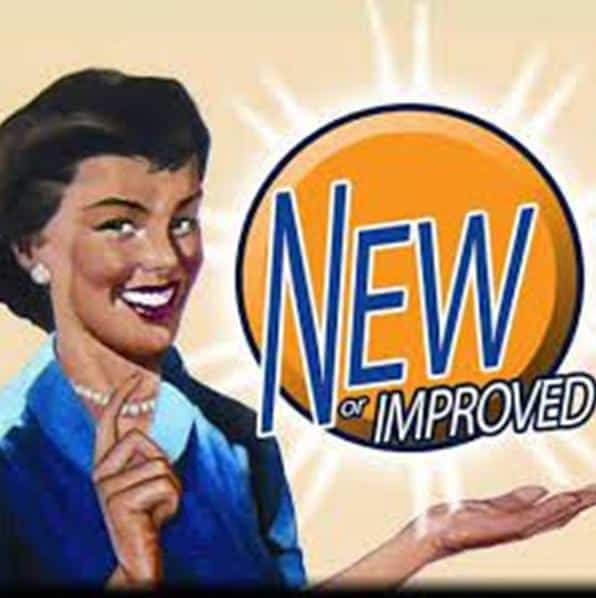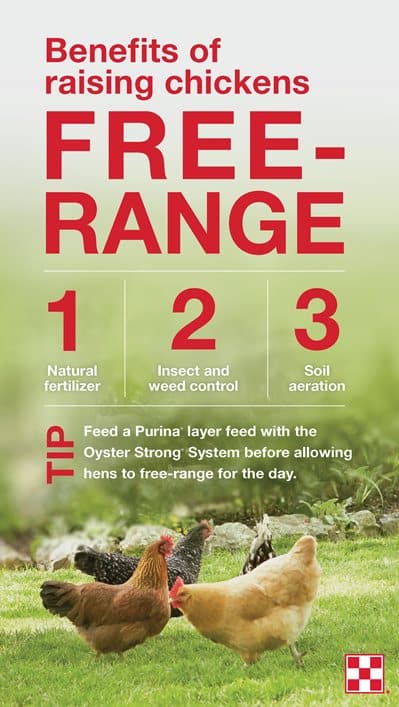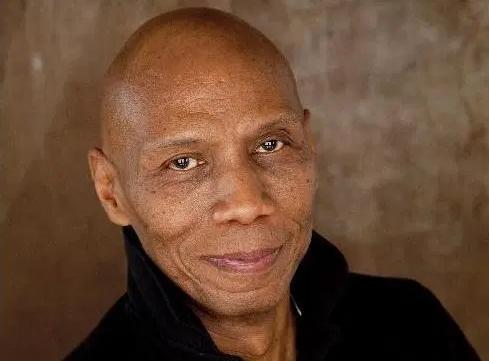 *I was headed for the kitchen when the network TV news anchor shifted to a somber tone. “Warning,” he said, his expression effectively empathetic, “some of the footage you’re about to see may be disturbing.”
*I was headed for the kitchen when the network TV news anchor shifted to a somber tone. “Warning,” he said, his expression effectively empathetic, “some of the footage you’re about to see may be disturbing.”
To some, those words could mean putting their hands over their eyes and peeping at the screen through their fingers. Others might simply change the channel.
Me, I hear those words and reach for the popcorn.
Call it morbid curiosity, or the sheer desensitization of modern-world living. I could be guilty of both, but I wanna see it. And producers of television news programming know this. So, they tease lookie-loos like me with a dipped-in-compassion promise of spectacle.
I watched Ringtone video of two neighbors brawling over curb space—footage the TV anchor hyped as “exclusive” that had gone viral on the Internet three days earlier—and it occurred to me: We are a society herded like cattle by words. We move along and are moved along by a time-honored collection of maxims, cliches, and catch-phrases unambiguously designed to cater to our needs, feelings, and desires.
MORE NEWS ON EURWEB: Apply Now! HBCU 20×20 & DreamWorks Animation Announce New Talent Fellowship Program!
 Take the aphorism, “New and Improved.” Who wouldn’t want a better version of a product you already love? Great ideas can be enhanced or amended.
Take the aphorism, “New and Improved.” Who wouldn’t want a better version of a product you already love? Great ideas can be enhanced or amended.
However, as a consumer, how many times can you purchase “improved” versions of a product, hawked as perfect to begin with, before you start to feel like a sucker? How many ways can you improve toothpaste? Detergent? The answer, of course, is as many ways as we are willing to purchase it. By the way, can something be new and improved?
When the word “Homemade” is used to declare something is the Real Thing, what do “homemade” dessert on the menu of a chain restaurant and “homemade” porn have in common? It’s up to you to figure out what’s real and what isn’t.
But wait, there’s more! “Handcrafted”–as opposed to being made with feet or by robot; “Range-free,” perplexing farming jargon that means one thing to farmers, another to consumers, and yet another to the chickens and livestock hustled under that banner.
 Words, assembled just so, hit their target every time. As a kid, I was captivated by posters I’d see stapled to telephone poles in our neighborhood that advertised the soul music shows coming to my native Oklahoma City.
Words, assembled just so, hit their target every time. As a kid, I was captivated by posters I’d see stapled to telephone poles in our neighborhood that advertised the soul music shows coming to my native Oklahoma City.
The ads pulsated with exciting showtime wordplay like, “Live and in-person” (as if “live” is an option and not a requirement for “in-person”). They emphasized the exclusivity of it all—this act was coming to town “DIRECT” from, say, Little Rock.
Meanwhile, the listing of an “Active ingredient” among a product’s contents seems downright unfair. You can almost hear the protests of the accompanying ingredients: “What the @#$! are we, chopped liver?”
I remember when “Breaking News” meant the immediate reporting of a news event. Corrosion of the phrase began in 1980 when CNN was launched and leaned on the term to signify how much faster than conventional TV the specialized channel could announce fresh news stories.
 But when you report the same news every hour and brand it “breaking,” the slogan begins to fray at the edges. By the early ‘90s, the Net had made the term “Breaking News” in television meaningless. Today, whenever I’m watching TV news and they dare to “tease” a story, just for fun I’ll see how fast before the commercial break I can find that story on the Net.
But when you report the same news every hour and brand it “breaking,” the slogan begins to fray at the edges. By the early ‘90s, the Net had made the term “Breaking News” in television meaningless. Today, whenever I’m watching TV news and they dare to “tease” a story, just for fun I’ll see how fast before the commercial break I can find that story on the Net.
“Made in America.” “Everything must go.” “One night only.” “Duty-free.” “Plant-based.” “Lost our lease.” “In God we trust.” “Extended engagement.” “Law and order.” “Shipping and handling.” “Buy one get one free.” “Limited supply.” There are a million of them. Look at you, coming up with others as you read these.
The sayings are a language inside of a language to which we all adhere at one time or another. The interesting thing is that words such as “My truth” and “No animals harmed” only mean anything whenever we want or need to believe them.
Which brings us to the mightiest maxim of them all: “I love you.”
Another conversation entirely.

Steven Ivory, veteran journalist, essayist, and author writes about popular culture for magazines, newspapers, radio, TV, and the Internet. Respond to him via [email protected]
We Publish News 24/7. Don’t Miss A Story. Click HERE to SUBSCRIBE to Our Newsletter Now!





